Avian Influenza
The National Turkey Federation is an active partner in the coordinated response to highly pathogenic avian influenza (HPAI) and works with industry, USDA’s Animal and Plant Health Inspection Service (APHIS) and state officials to track and quickly respond to HPAI cases in commercial turkey flocks.
Turkey growers closely monitor flocks to assess health and wellbeing. It is an industrywide effort to prevent, detect and respond to foreign animal diseases and other challenges affecting animal health.
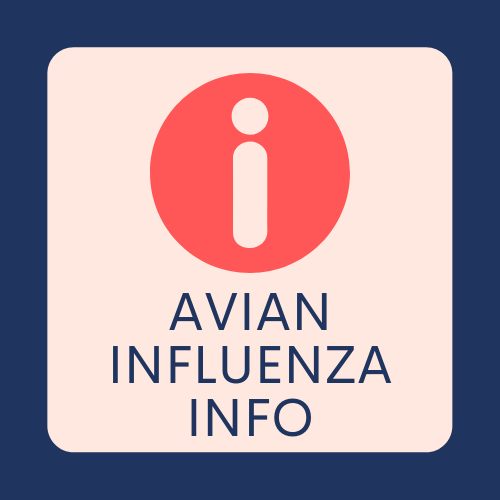
Important Facts About Avian Influenza
- HPAI detections in birds do not present a public health concern. More information is available from the Centers for Disease Control and Prevention.
- Wash your hands before and after coming in contact with live poultry or wild birds. In addition to potentially spreading disease from farm to farm or bird to bird, you can also spread germs such as Salmonella that can impact human health. Click here for more helpful tips.
- Turkey products remain safe and nutritious. Avian influenza does not pose a food safety risk. Turkeys with HPAI are no longer viable for sale and are prohibited from entering the marketplace. Consumers should continue to practice proper handling and cooking of all poultry products to 165°F. Click here to review the Core Four steps for food safety.
What is the current situation in the United States?
After being found in wild birds in the United States and commercial flocks in Canada, the first domestic case of HPAI in a commercial poultry flock since 2020 was detected in February of 2022. Since the initial detection, we have now seen several other confirmed HPAI cases in commercial poultry flocks and non-commercial backyard flocks in several states. These cases all have been the H5N1 Eurasian strain, the same virus that has been detected across Asia and Europe. Response measures are in place to control and contain avian influenza.
Producers should report sick birds or unusual bird deaths to State/Federal officials, either through their state veterinarian or through APHIS’ toll-free number at 1-866-536-7593.
How can I track HPAI cases?
USDA APHIS posts all confirmed HPAI cases in non-commercial and commercial flocks on the agency’s website. These postings may be accessed here.
What is avian influenza?
Avian influenza is caused by an influenza type A virus which can infect poultry (such as chickens, turkeys, pheasants, quail, domestic ducks, geese and guinea fowl) and is carried by free flying waterfowl such as ducks, geese and shorebirds. Avian influenza viruses are classified by a combination of two groups of proteins: hemagglutinin or “H” proteins, of which there are 16 (H1–H16), and neuraminidase or “N” proteins, of which there are 9 (N1–N9). Many different combinations of “H” and “N” proteins are possible. Each combination is considered a different subtype and can be further broken down into different strains which circulate within flyways/geographic regions.
Avian influenza viruses are classified as either “low pathogenic” or “highly pathogenic” based on their genetic features and the severity of the disease they cause in poultry. Most viruses are of low pathogenicity, meaning that they cause no signs or only minor clinical signs of infection in poultry.
What is the role of wild birds in spreading avian influenza?
Wild birds can be infected with HPAI and show no signs of illness. They can carry the disease to new areas when migrating, potentially exposing domestic poultry to the virus. HPAI has been detected in wild birds in several states, and APHIS anticipates additional avian influenza detections will occur in additional states as wild bird surveillance continues into the spring.
APHIS’ wild bird surveillance program provides an early warning system for the introduction and distribution of avian influenza viruses of concern in the United States, allowing APHIS and the poultry industry to take timely and rapid action to reduce the risk of spread to our poultry industry and other populations of concern.
What happens when HPAI is detected on a farm?
Upon detection of HPAI, USDA and state officials immediately quarantine the farm to protect other flocks. A 10 km control zone is established around the farm and surveillance/screening takes places on farms within that zone.
In HPAI cases, it is necessary to depopulate poultry using methods as recommended by the federal government and approved by groups such as the American Veterinary Medical Association. The birds are depopulated in a manner to ensure safety and to eliminate the potential spread of HPAI.
APHIS has several resources available to help growers understand what to expect during the response process.
Biosecurity Resources
The U.S. turkey industry has strict biosecurity practices in place to help protect poultry flocks and respond to any incidents. As part of this aggressive prevention and response process, the industry works collaboratively with federal, state and local authorities. Flock health is a top priority.
Given the migratory flow of wild bird travel, it is critically important that U.S. turkey growers remain vigilant. Anyone involved with poultry – whether commercial or backyard flocks – should review their biosecurity plans. While we know that turkey growers already practice enhanced biosecurity protocols daily, including safeguarding barns from wild birds, there is always an opportunity for continuous improvement.

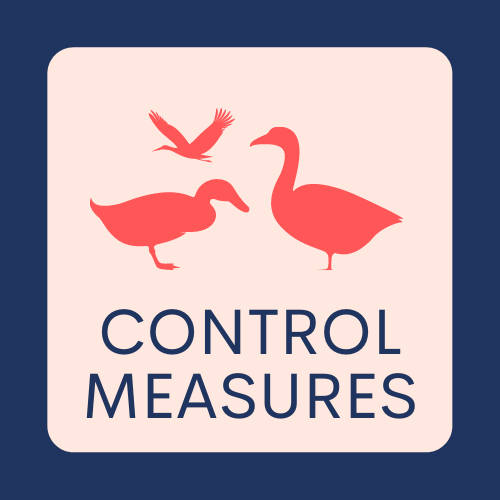
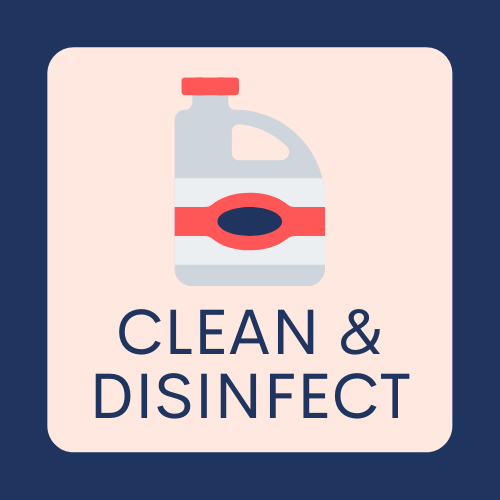
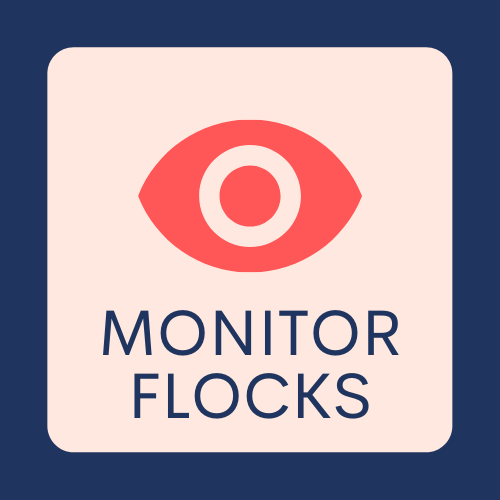

Quick Tips: Limit access to farms. Implement control measures for wild birds, rodents and insects. Clean and disinfect all facilities, equipment, vehicles and clothing. Monitor flocks for changes in behavior or increased mortality. Review protocols regularly and audit biosecurity practices.
- Defend the Flock – Biosecurity 101
- USPOULTRY Biosecurity Resources
- Iowa State University Poultry Biosecurity Resources
- Biosecurity Basics for Poultry Growers
- National Poultry Improvement Plan
Mental Health Resources
The detection of HPAI in flocks can have a significant personal and financial impact on turkey growers. Farm life can be demanding and stressful, particularly when an animal health challenge such as HPAI is ongoing. Mental health resources are available for growers experiencing additional stress. Additionally, many state departments of agriculture have compiled available resources locally.
American Farm Bureau Federation – Farm State of Mind
National Suicide Prevention Lifeline – 1-800-273-TALK (8255)
Indiana State Department of Agriculture – Mental Health Resources
Ohio Department of Agriculture – We’ve Got Your Back
North Carolina: Farm Stress Resources
Iowa Department of Agriculture and Land Stewardship – Farm Stress and Mental Health and Stress on the Farm
Minnesota Farm & Rural Helpline
Need Assistance?
NTF staff is available to help with any technical issues members may encounter, including communicating with federal agencies on protocols and understanding trade restrictions. Please contact NTF staff if you need assistance.
